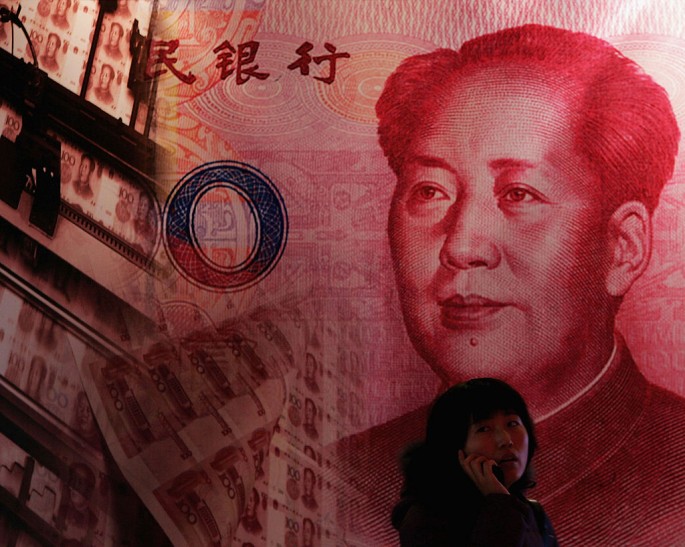The Chinese government is pumping up efforts to impede the looming financial crisis amid a growing debt problem fueled by bad loans in its banks.
According to Bloomberg, China's regulators are finally taking the problem on debts seriously with new steps to regulate financial outflows, including imposing restrictions on buying insurance outside the country and allowing banks to cut the mandatory minimum mortgage down payment from 25 percent to 20 percent for first-home purchases.
However, a commentary from Bloomberg posted in the Sydney Morning Herald highly doubts the effectiveness of the country's approach, which the outlet believes might even make matters worse.
The Debt Dilemma
On Wednesday, Telegraph UK predicted that China's debt problem will weigh on the country's development in just five years.
According to the Bloomberg report on SMH, China's debt dilemma which began in 2008 was fueled by low credit offers to build airports, new apartments for urban migrants, and roads to accommodate the increasing number of vehicles in the country.
These led to the record-high loans that were twice the rate of gross domestic product as of 2009, with most of the projects mentioned above not turning profit or becoming "ghost" projects.
The outlet believes that this is a result of the country's "addiction" to debt, which it should get over with if it wants to rise up and achieve financial stability again.
Fitch Ratings deemed this problem to pose a risk to the country's economy if China maintains its current course.
"The longer the economy's indebtedness goes on rising, the greater the difficulty of unwinding it, and the higher the risk of a shock to economic and financial stability," Fitch explained, calling the country's annual growth targets for 2016 to 2020 "extremely challenging."
The Remedy
Bloomberg's opinion posted in SMH described the debt crisis as a sort of cycle.
"Another problem is that Chinese industry exists in a deflationary debt spiral: prices have been falling for years, raising the real cost of repaying loans," it explained. "If companies are relieved of their debt, they'll have an incentive to reduce prices to gain market share, thus worsening one of the primary causes of the current malaise."
Because of this, a possible resolution should be to stop using loan rollovers and debt-for-equity swaps to aid failing companies since these are merely first-aid to the disease.
Solving the problem while looking at the big picture requires recapitalizing the banks and not allowing ailing firms to continue in the industry if they cannot grow or even maintain a revolving capital without needing loans.
"Until firms are allowed to fail, they'll keep coming back, hats in hand, asking for more bailouts--thus increasing the debt and ultimately the cost of restructuring," the outlet explained.



























